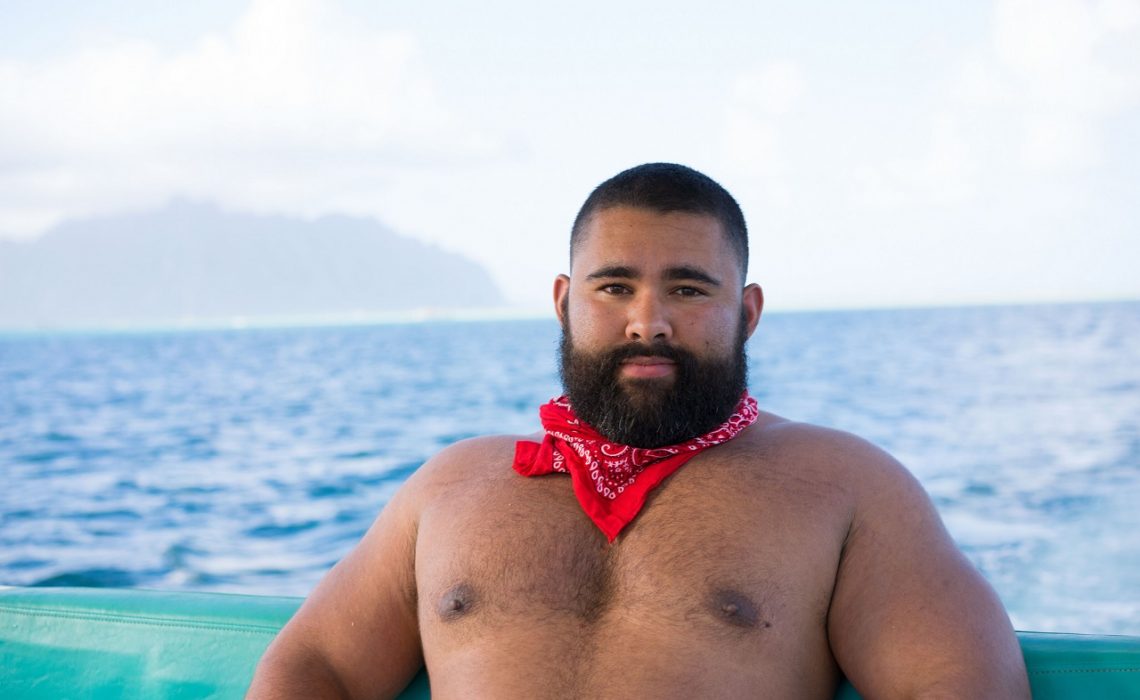
You might also like:
1. We used to be ruled by Hawaiian Royalty.
Prior to statehood, Hawaii was an independent nation known as the Kingdom of Hawaii complete with rule by kings and queens. Most notable was King Kamehameha the Great who, amid a time many chiefs were fighting for power, established the unified monarchy across the islands.
Hawaii was sovereign from 1810 until 1893 when the kingdom, then ruled by Queen Lili’uokalani, was overthrown by American and European settlers. After 60 years of being a U.S. Territory, Hawaii achieved statehood in 1959, making it the most recent state added to the union.
2. The Hawaiian sovereignty movement is alive and well.
When the first Native Hawaiians encountered western civilization, 90 percent of the Hawaiian population diminished due to war and illness. After the American missionaries arrived and the monarchy was overthrown, the Kingdom of Hawaii and its native peoples suffered greatly without any formal recognition of their right of self-determination, meaning they are not eligible for entitlements, funds, and benefits that other US indigenous peoples, like Eskimos and Native Alaskans, are afforded.
Dozens of organizations were established to preserve native Hawaiian language, rituals, and other cultural customs, while a non-profit organization, Na’i Aupuni, attempted to hold a vote to organize a native Hawaiian government, but the proceedings fell short.
3. We don’t have perfect weather year round.
If you come to Hawaii on vacation, you might have a preconceived notion that we enjoy impeccable weather on the daily. Nothing but 365 days of sunshine, right?
We do enjoy amazing weather in Hawaii — usually. But how do you think the Aloha State got famous for its rainbows? It rains every day to some degree depending on your location on the island. Don’t be surprised if you experience a little rain during your visit. And don’t complain about it: instead, just look up at the sky and enjoy one of our vibrant, and famous, rainbows.
4. Travel outside of Waikiki, and you’ll likely get an eyeful of our homeless epidemic.
Honolulu’s homeless epidemic made national headlines when the New York Times posted this article, “Aloha and Welcome to Paradise. Unless You’re Homeless.” Honolulu experiences the worst rate of homelessness in the nation, and the article cites that the number one reason people would not come back to Hawaii was because of homelessness.
The recently passed Sit-Lie Ordinance makes sitting or lying on a public sidewalk illegal in 16 neighborhoods, including famous Waikiki where tourists frequent. The homeless have subsequently migrated to other areas of the island and have constructed camps all over the island of Oahu.
Ticketing the homeless, who are just trying to survive in a place with one of the highest cost of living in the country, is driving them elsewhere, and not eradicating the problem. While recent efforts to house our homeless and to develop creative solutions to end homelessness have been made, the epidemic is still glaringly prevalent.
5. Bringing your mainland attitude to the islands won’t get you very far.
Mainlanders have a certain reputation in Hawaii, and it’s not always a good one.
I moved to the islands in 2012 from Chicago, and I’m still adjusting to island life. Not only is Hawaii slower paced and more relaxed (sans Honolulu rush hour traffic), but the culture is different from the mainland.
Local culture tends to be more reserved and respectful, quiet, and considerate. Mainlanders are a bit brasher and tend to have an opinion about everything. Open your mouth to bellyache or try to change things one too many times will earn you a bad reputation.
Hawaii locals have lived here likely their whole lives, and their families have lived here for generations. Visitors come and go, but family, tradition, and culture are king here. Check your mainland attitude at the baggage claim, and spend your time in Hawaii listening and learning for an enjoyable stay.
6. To get respect, you must give it.
Hawaii is known around the world for its aloha spirit and hospitality, but arriving here doesn’t entitle you to it.
The most gracious aloha is given when it’s received in turn. Ever hear that phrase, “Treat others how you want to be treated”? It’s the golden rule that will make the different between a trip to a Hawaii and a heartwarming experience of a lifetime.
Source: matadornetwork.com
